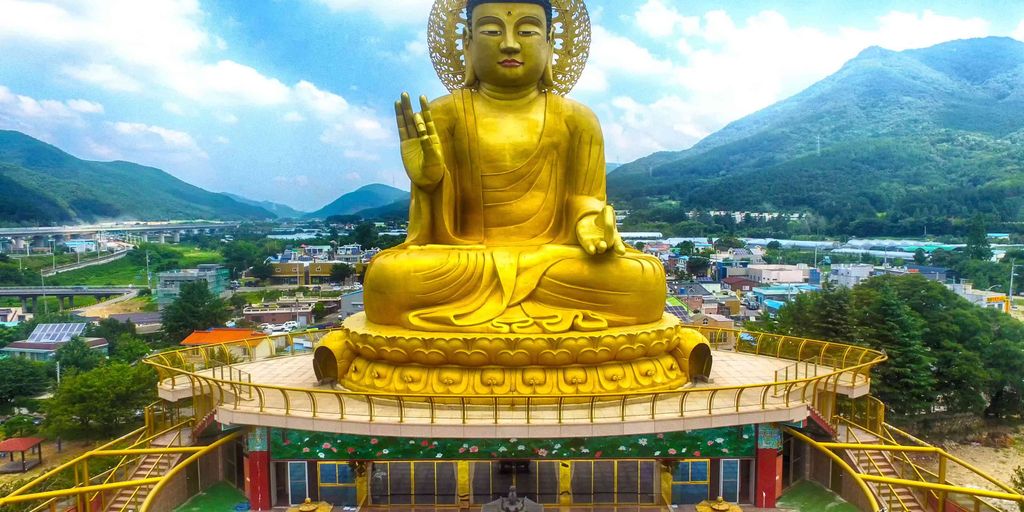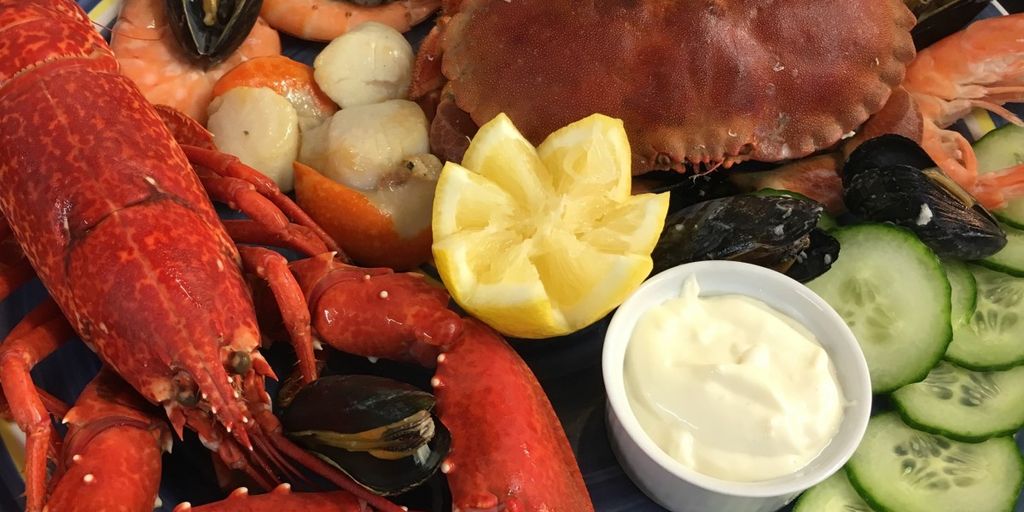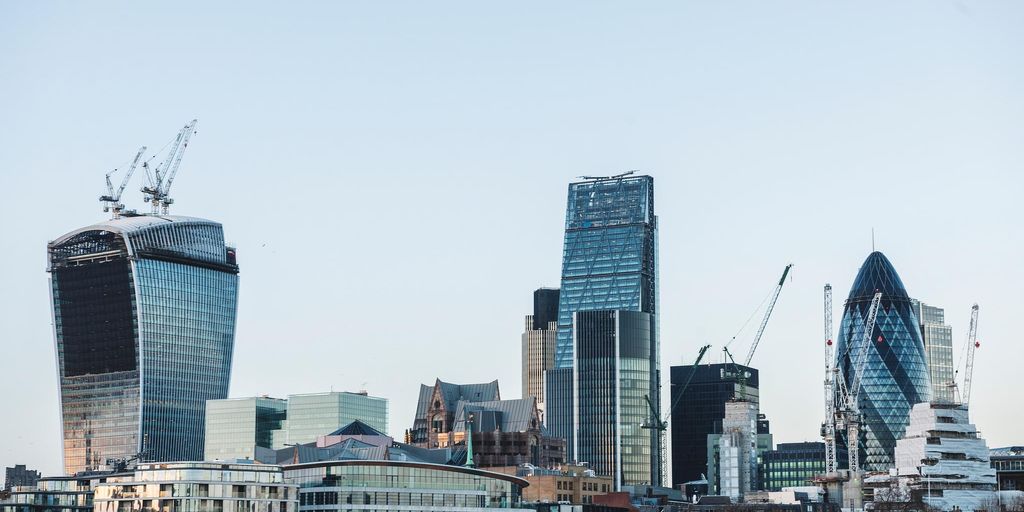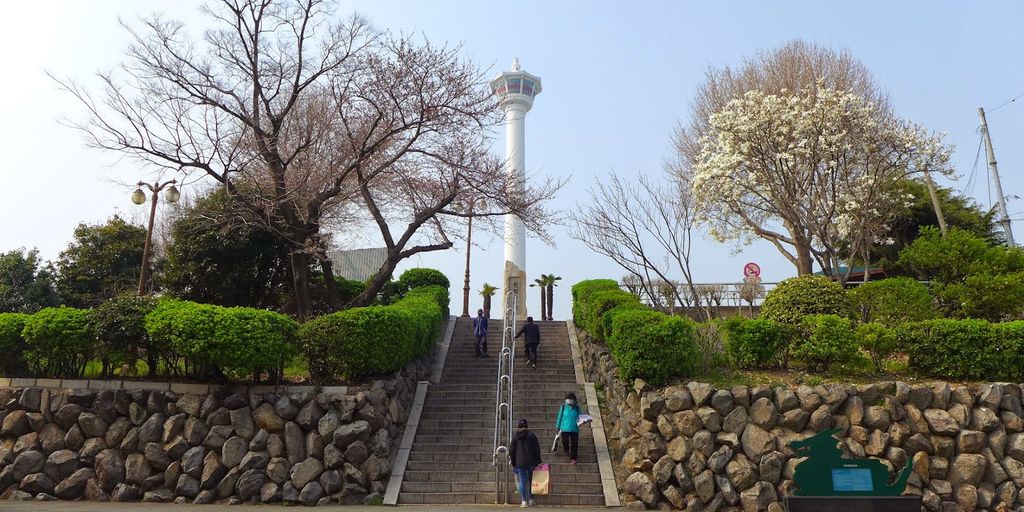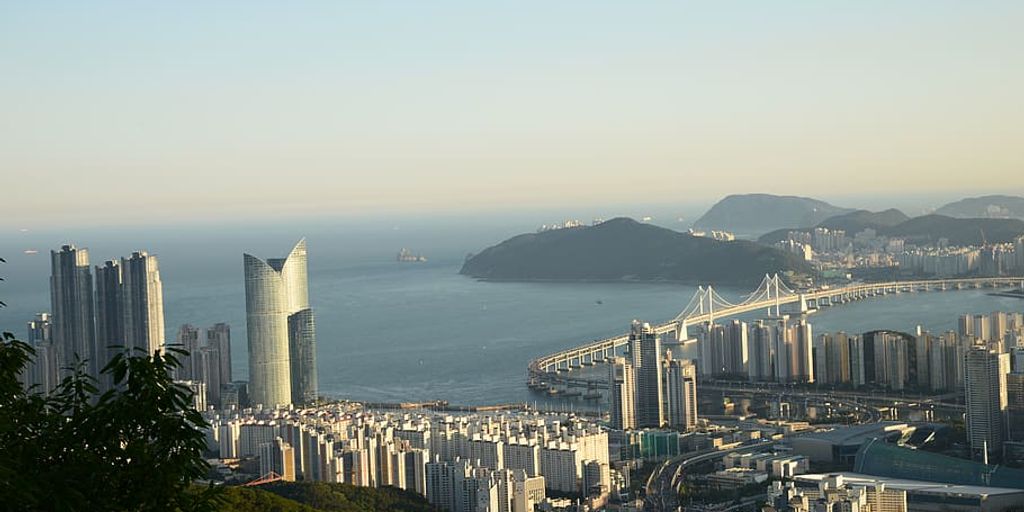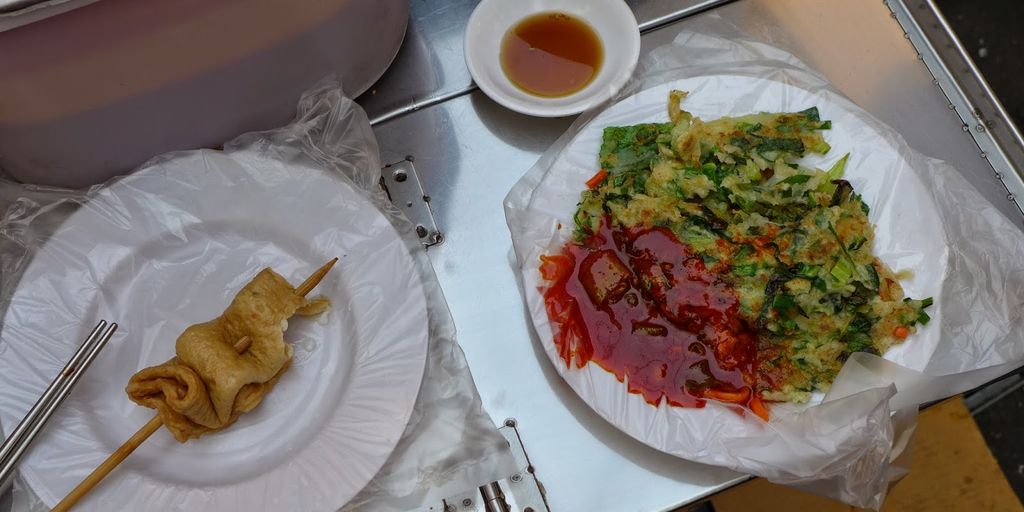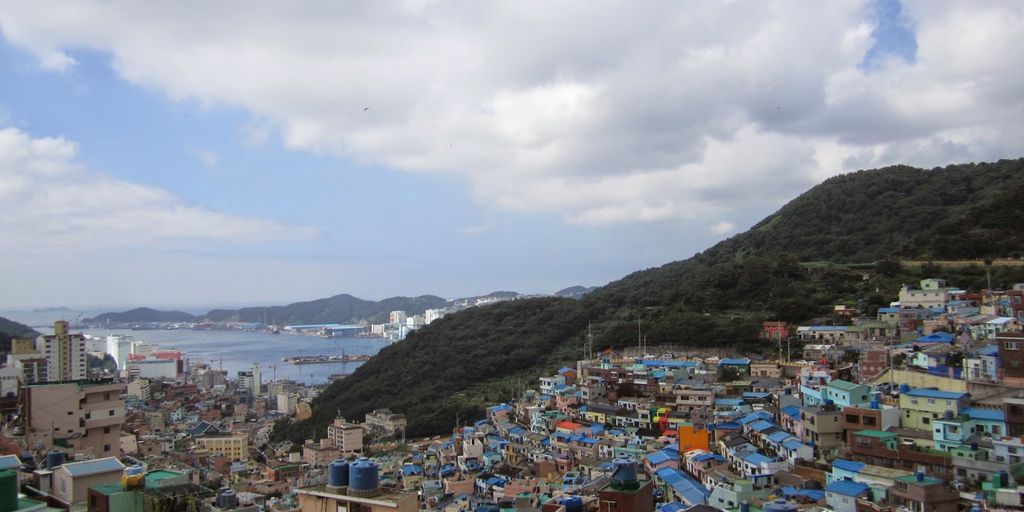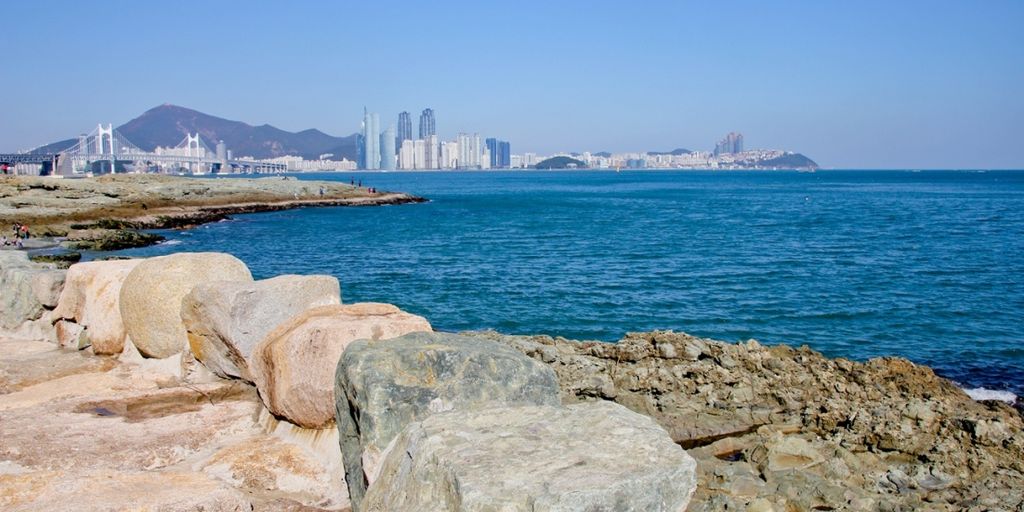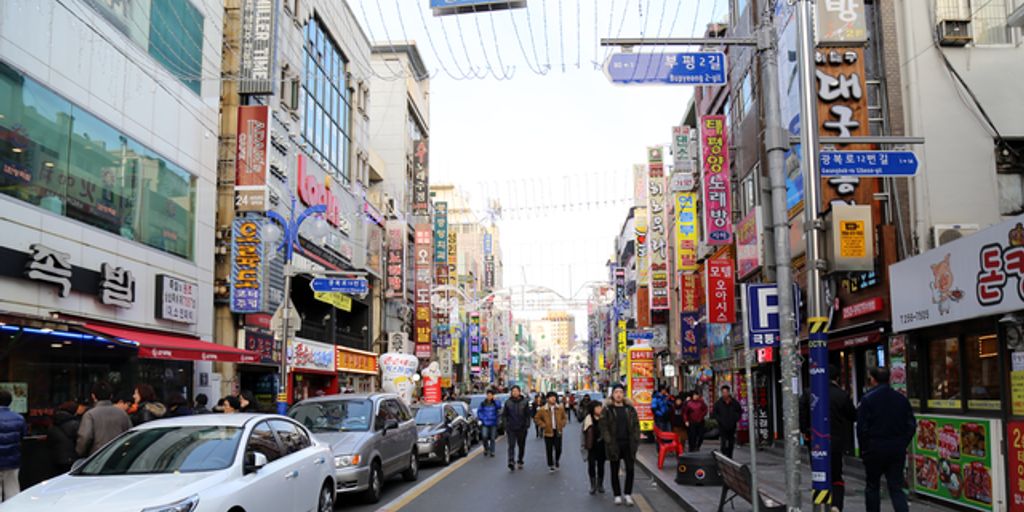Seeing the temples of Busan and writing this article was the main purpose of my most recent trip to South Korea. Below, I’ll tell you why each temple stands out or was special for me, and how exactly to get to each one of them. I’ve ordered this list of best Busan temples from closest to furthest away from the awesome hotel that I carefully chose on Yeongdo Island, near Nampo and Busan station. If you need more tips on where to stay in Busan, check out my guide to Busan’s best neighborhoods.
Key Takeaways
- Busan is home to a diverse array of breathtaking temples, from sea-facing complexes to ancient mountain retreats.
- Seokbulsa Temple is a hidden gem located in the mountains, known for its serene atmosphere and stone-carved Buddhas.
- Haedong Yonggungsa offers a unique seaside temple experience, making it a must-visit for its stunning ocean views.
- Beomeosa Temple provides a journey through history with its significant cultural heritage and must-see spots.
- Daegaksa Temple serves as an urban oasis, offering a peaceful retreat from the bustling city life.
Seokbulsa Temple: Hidden Gem in the Mountains

How to Get There
Getting to Seokbulsa Temple is an adventure in itself! You can either hike up Geumjeongsan Mountain or take the Geumgang Park cable car if your legs need a break. The journey is part of the fun, with beautiful views and a peaceful forest path.
What Makes It Special
Seokbulsa Temple is built into the slopes of Geumjeongsan, the highest mountain in Busan. The temple features awe-inspiring Buddhas and temple guardians carved into the sandstone cliffs. The views over Busan and the amazing cliff carvings make it one of the most rewarding temples to visit.
Tips for Your Visit
- Wear comfortable shoes for hiking.
- Bring water and snacks.
- Visit early in the morning to avoid crowds.
Seokbulsa Temple is a hidden gem that offers a unique and peaceful experience away from the busy city life.
Haedong Yonggungsa: The Temple by the Sea

Getting to Haedong Yonggungsa
Haedong Yonggungsa is a bit far from the city center, but it’s totally worth the trip! You can take a bus or a taxi to get there. If you love adventures, you can even hike part of the way. Oneway Guesthouse in Busan offers affordable and comfortable stays with various room options, amenities, and group accommodations. Book now for a budget-friendly experience.
Unique Features
This temple is super special because it’s right by the sea. Most temples in Korea are in the mountains, but Haedong Yonggungsa gives you amazing ocean views. You can see the waves crashing against the rocks and even spot a dragon statue guarding the temple. It’s a great place to take photos, especially during sunrise.
Best Time to Visit
The best time to visit Haedong Yonggungsa is early in the morning. If you can, try to catch the sunrise. It’s less crowded and the view is breathtaking. Also, visiting during weekdays can help you avoid the big tourist crowds. Don’t forget to check the weather before you go, as the ocean view is best enjoyed on a clear day.
Beomeosa Temple: A Journey Through History

Travel Directions
To get to Beomeosa Temple, you can take the subway to Beomeosa Station on Line 1. From there, it’s a short bus ride or a scenic hike up the mountain. Near the city of Busan lies one of the oldest and most important temples in South Korea. The journey is part of the adventure, with beautiful views along the way.
Historical Significance
Beomeosa was established in 678 as a way to thank the gods for assistance in resisting a Japanese attack. The temple is named Beomeosa, or “Heavenly Fish Temple,” after a legendary golden pond on top of the mountain. The temple has a rich history and is surrounded by nature, making it a peaceful retreat from the city.
Must-See Spots
When you visit Beomeosa, make sure to check out these spots:
- The four unique entrance gates
- The main courtyard with important halls and shrines
- Jijangam Hermitage with its impressive view of Mt. Geumjeong
- The small cave temple filled with candles
Beomeosa offers a spectacular view and a peaceful atmosphere, making it a memorable experience for all visitors.
Taejongsa Temple: Serenity in the City

Taejongsa Temple is located on the slopes of a forested hill in Taejongdae Resort Park. This coastal park is at the southern end of Yeongdo, a large island south of Busan city center and Busan Port. The temple’s setting is extremely peaceful, with few visitors and lots of shade from the trees. The sound of the creek trickling adds to the serene experience.
While the temple itself is not very large, the serene forest setting makes it a worthwhile visit. The trees loom over and frame the temple’s small Main Hall beautifully. The amazing coastal views from Taejongdae park, especially at the Observation Deck and Yeongdo Lighthouse, round out the experience. Come for the views, but don’t miss the temple!
Taejongdae Resort Park offers more than just the temple. Here are some nearby attractions you shouldn’t miss:
- Observation Deck: Offers stunning coastal views.
- Yeongdo Lighthouse: A picturesque spot perfect for photos.
- Forest Trails: Enjoy a peaceful walk among the trees.
If you’re looking for a quick escape from hectic city life, Taejongsa Temple is the perfect spot for fresh air and tranquility.
Daegaksa Temple: An Oasis in the Urban Jungle

Location and Access
Daegaksa Temple is located in the middle of Gwangbok-dong, a very busy and fashionable neighborhood. From Nampo subway station, make your way to Gwangbok-ro, also known as "Gwangbok-dong Cultural and Fashion Street." Follow it west to the intersection with Gwangbokjungang-ro, turn right, and walk for a few minutes. It’s really easy to find!
What to Expect
Daegaksa is a small temple dating back to the Japanese colonial era in Korea (1910-1945). The temple is quite compact, and it only takes a few minutes to enter and have a quick look at the yard and Main Hall. The beautiful lanterns hanging in the temple’s small courtyard are a highlight. You can also spot a Japanese-style stone pagoda in the yard.
Personal Highlights
For me, the thing that instantly caught my attention was the beautiful lanterns hanging in the temple’s small courtyard. Since I’ve never been in Korea for the Lantern Festival, this small glimpse of it at Daegaksa made it very memorable for me. The temple offers the unique experience of stepping off the chaotic street in one of Busan’s most popular neighborhoods and suddenly finding yourself in a serene little Buddhist oasis.
Daegaksa is the only temple amidst a fully urban setting on this list, as all the other entries are on the edge of the city or up in the mountains.
Samgwangsa Temple: Lanterns and Festivals

How to Reach Samgwangsa
Getting to Samgwangsa Temple is quite easy. The temple is located on the slopes of Mt. Baekyang in the center of Busan. From Seomyeon, the commercial heart of the city, you can reach the temple quickly by bus or taxi. It’s a must-visit spot if you’re in Busan.
Festival Highlights
The biggest attraction at Samgwangsa is the annual Lotus Lantern Festival, held around Buddha’s birthday in May. The temple is adorned with around 50,000 lanterns, creating a magical atmosphere. Some lanterns even form a canopy over the entrance staircase and the main courtyard. The festival attracts over one million tourists and temple goers each year, making it a representative festival of Busan.
If you are in Busan for the festival, it’s something you won’t want to miss.
Visitor Tips
- Visit during the festival to see the lanterns.
- Explore Daebo Tower, a white, 9-tier stone pagoda, which is the largest of its kind in Asia.
- Walk up the short trail beside the main hall for incredible views over the temple and the city below.
- Try to visit on a weekday to avoid the crowds.
Enjoy your visit to Samgwangsa Temple and make sure to take lots of pictures!
Conclusion
Exploring the temples and shrines of Busan has been an unforgettable journey. From the serene mountain retreats to the awe-inspiring seaside sanctuaries, each temple offers a unique glimpse into South Korea’s rich spiritual heritage. Whether you’re a history buff, a spiritual seeker, or just someone looking to soak in some breathtaking views, Busan’s temples have something special for everyone. So, pack your bags, follow my guide, and get ready to discover the sacred spaces of this incredible city. Trust me, you won’t be disappointed!
Frequently Asked Questions
What is the best time to visit Busan’s temples?
The best time to visit Busan’s temples is during the spring (April to June) and autumn (September to November) when the weather is mild and the natural scenery is at its most beautiful.
How can I get to Seokbulsa Temple?
Seokbulsa Temple is accessible via a hike from Mandeok Station on Busan Metro Line 3. The hike is challenging but offers stunning mountain views.
Is there an entrance fee for Haedong Yonggungsa?
No, there is no entrance fee to visit Haedong Yonggungsa. However, donations are appreciated to help with the temple’s upkeep.
What makes Beomeosa Temple historically significant?
Beomeosa Temple, founded in 678 AD, is one of Korea’s most important temples, with a history that spans over a millennium. It features numerous cultural properties and historic relics.
Are there any special events at Samgwangsa Temple?
Yes, Samgwangsa Temple is famous for its annual Lantern Festival, which usually takes place in May to celebrate Buddha’s Birthday. The temple is adorned with thousands of colorful lanterns during this period.
Can I visit Taejongsa Temple easily from Busan city center?
Yes, Taejongsa Temple is located on Yeongdo Island and can be easily reached by taking a bus or taxi from Busan city center. The temple is situated within Taejongdae Resort Park, a popular coastal park.

